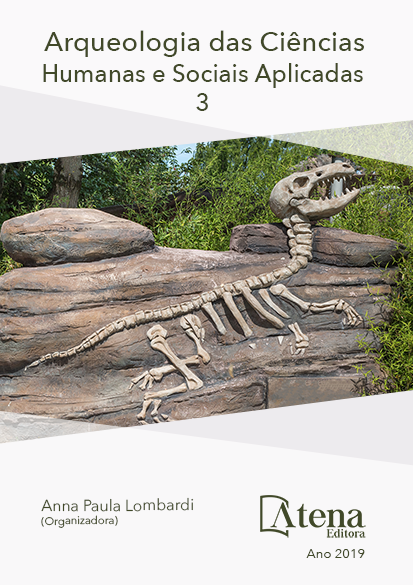
EDGAR MORIN E O PENSAMENTO COMPLEXO: PERSPECTIVAS NA CIÊNCIAS SOCIAIS
No movimento de construção
do pensamento e práxis social do século
XXI, uma das vozes a ser considerada é,
seguramente, a de Edgar Morin. Este filósofo
francês, nascido em 1921, continua em plena
atividade intelectual. A longevidade de Morin é
um dos aspectos fundamentais que o coloca
como relevante intelectual em nosso tempo,
tendo vivido os grandes momentos da história
do século XX, adentrando o século XXI com
todas as mudanças, entre avanços e recuos,
de nosso tempo. Este artigo vai tratar de
aspectos biográficos e teóricos de Edgar Morin
que tangenciem as questões relacionadas à
reflexão do pensamento social da atualidade. A
análise levará em conta o conjunto das obras
“O Método”, em seus seis volumes, escritas por
Morin ao longo de mais de duas décadas, que
discutem os fundamentos do que ele chama
de pensamento complexo, ainda entendido
como paradigma da complexidade ou teoria da
complexidade, de acordo com diferentes grupos
de pesquisadores
EDGAR MORIN E O PENSAMENTO COMPLEXO: PERSPECTIVAS NA CIÊNCIAS SOCIAIS
-
DOI: 10.22533/at.ed.51319160115
-
Palavras-chave: Edgar Morin, Pensamento Complexo, Pensamento Social
-
Keywords: Edgar Morin, Complex Thought, Social Thought
-
Abstract:
In the movement for the construction
of 21st century social thought and praxis, one
of the voices to be considered is surely that of
Edgar Morin. This French philosopher, born in
1921, continues in full intellectual activity. Morin’s
longevity is one of the fundamental aspects that
makes him a relevant intellectual in our time,
having lived the great moments of the history
of the twentieth century, entering the twenty-first
century with all the changes, between advances
and setbacks, of our time. This article will deal
with the biographical and theoretical aspects of
Edgar Morin that touch on the issues related to
the reflection of social thought of the present
time. The analysis will take into account the
set of works “The Method” in its six volumes,
written by Morin over more than two decades,
that discuss the foundations of what he calls
complex thinking, still understood as a paradigm
of complexity or theory of complexity, according
to different groups of researchers.
-
Número de páginas: 15
- NEI ALBERTO SALLES FILHO


